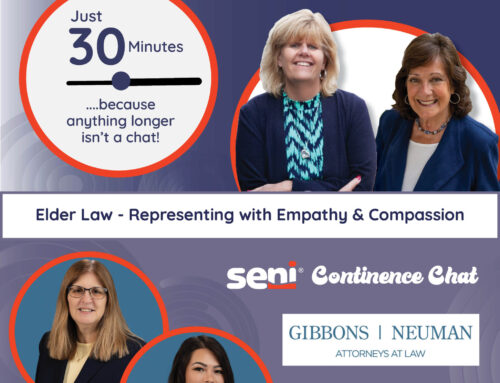In our estate planning practice, we encourage our clients to make important advance decisions as to their own health care. This involves “advance directives” such as designating a Health Care Surrogate (and back-up persons) to make health care decisions if you become incapacitated and can no longer make those decisions for yourself; and, preparing a Living Will. We routinely prepare these documents for our clients, and strongly believe that every adult should have them.
In Florida, a Living Will is your opportunity to state in writing whether or not you want to have extraordinary measures taken to keep you alive in the situation where your physician and another physician have concurred that your physical condition has deteriorated to the point where they need to utilize a ventilator, tube feeding, or other measures to prolong your life. A Living Will may cover each of the following 3 situations: (1) a “terminal condition” where your condition will not improve; (2) an “end stage” condition (where, for example, Hospice might be called in), or (3) a “persistent vegetative state” such as Terri Schaivo had with no brain activity. Your Health Care Surrogate, in consultation with your physicians will help to honor your expressed wishes at the appropriate time.
On the other hand, a DO NOT RESUSCITATE ORDER (sometimes called a “DNR” or a “DNRO”) is your written instructions to EMS and medical personnel that you do not wish to be resuscitated in the event of respiratory or cardiac arrest. There is a specific form of DNR and it must be printed on yellow paper before it is signed, In order to be valid. The patient and his or her physician must both sign the specified form established by the State of Florida, Department of Health (DH Form 1896, Revised December 2004), printed on yellow paper. Some patients with severe heart disease, COPD or other respiratory illnesses which makes them struggle to breathe, opt for a DNR so that they will not be revived.
A Living Will is not a DNR (and Vice Versa). You may not want a DNR, or you may want a DNR and a Living Will. Discussing these issues with family, your physician and a trusted advisor are all recommended. But, certainly, the Terri Schaivo case taught us all that every adult should have a Living Will.








Stay In Touch